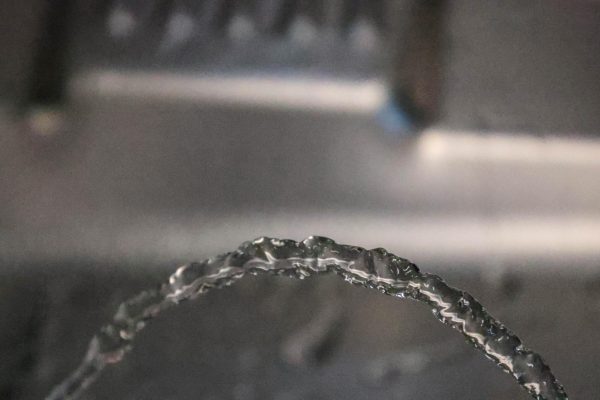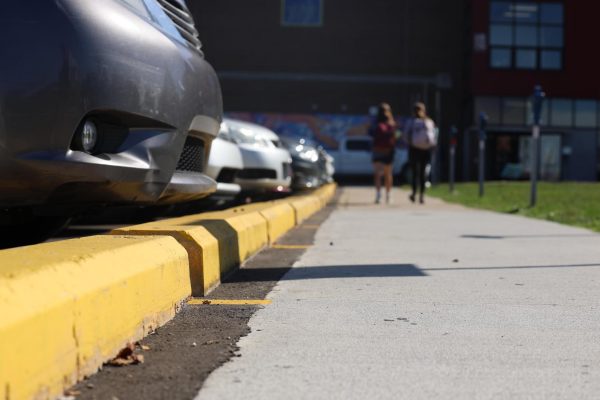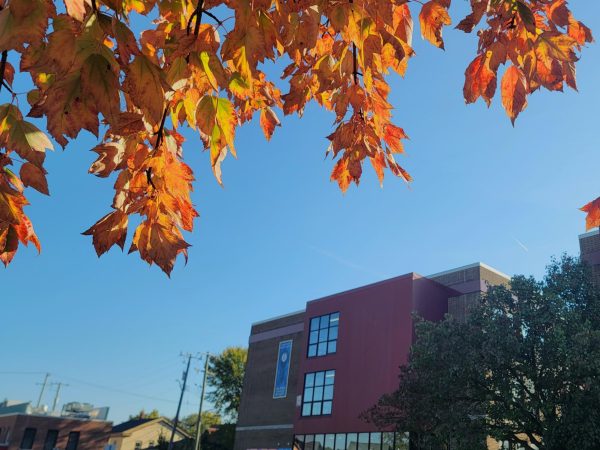How effective is our climate Change education?
Climate Change is becoming a problem for all human beings: it has impacts on our economy, agriculture, weather, and health. There are numerous potential solutions to the issue of climate change. But imagine a world where there is a lack of climate change awareness. Nobody would know what was going on and there would be no policies or decisions made to protect our environment. That is why education is so important — so we can enhance the awareness and understanding of climate change for the next generation.
In middle school, I learned about the cause and effect of climate change. However, I noticed there was a lack of practical ideas in the lecture. This led to little conversation about climate change among students after the lecture. It made me wonder, is our climate change education really effective? Does it sufficiently addresses the issue of climate change?
Recently, I conducted an anonymous survey about the practicality of climate change in my school. The survey attracted 50+ responses. As a result, 90% of student respondents believed there were not enough climate change lectures in the curriculum, and 80% of them wanted to learn more about climate change in school. To my surprise, 50% of students claimed to have rarely or never applied the knowledge they had learned in real life. 31% of students stated that they sometimes applied the knowledge in real life. Only about 18% of students agreed that they often applied the knowledge about climate change they learned in real life. However, participants are mostly students in the same school and are underrepresented. Therefore, I need to broaden the scope of my research to get the full picture.
In 2020, a survey of students and teachers and students in the European Union was conducted. The survey ran from May 11 to June 21, 2020. It attracted 1101 responses from 89% of teachers across Europe. As a result, 70.5% of teachers surveyed believed that their curriculum did not sufficiently address climate change, compared to 28.7% who thought it did. When it came to the importance of climate change education, more than 70% of students and teachers agreed that climate change is an important issue. That is a clear sign that a lot of work needs to be done in climate change education to sufficiently address climate change. So the question is, how can we improve our education process for climate change or spread awareness? I’ve come up with some suggestions that I believe are worth practicing.
Firstly, we need more training for teachers and staff to promote climate change education in schools. According to the survey conducted by the EU, more than half of teachers believe the lack of climate change education exists because there is a lack of expertise. We could promote training among teachers, diversify the material being taught, promoting different perspectives on climate change. If teachers and staff have a deep understanding of climate change, imparting knowledge to students will be more efficient.
Secondly, we have to improve the practicality of climate change education for students. Students shouldn’t just learn about the superficial causes and effects of climate change. Students could focus more on the effects of climate change. For example, explaining that climate change leads to droughts, which leads to a shortage of water which eventually affects the development of agriculture in an area. How will a lack of agricultural development affect the locals? What are some potential solutions that we can come up with? Such a detailed way of learning about climate change will enhance the student’s perception of its relevance.
Thirdly, climate change can be extended into different topics and viewed as a medium for understanding different sciences and skills. Climate change can be explained through various subjects including biology, chemistry and environmental science. Climate change study is also an opportunity for skills improvement. When students learn about climate change, they can practice organizing the materials and coming up with solutions. Those extension topics are a great opportunity for students to enhance their knowledge of climate change while improving practical skills.
Climate change education is becoming critical. There are a lot of programs and planning that need to be done to improve this education. However,climate change education should always be sufficiently and effectively addressed for the good of the next generation.









